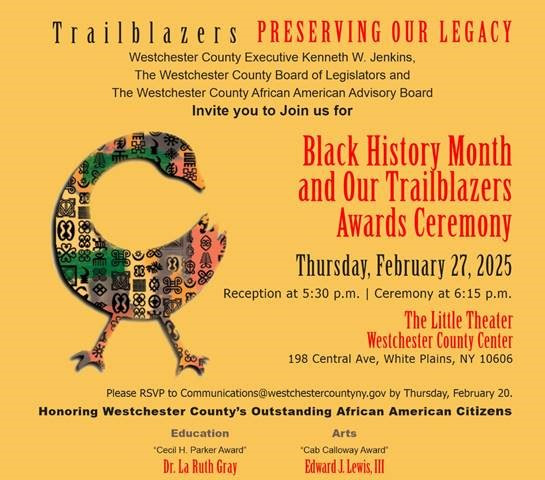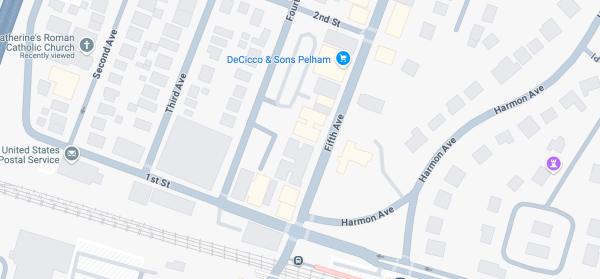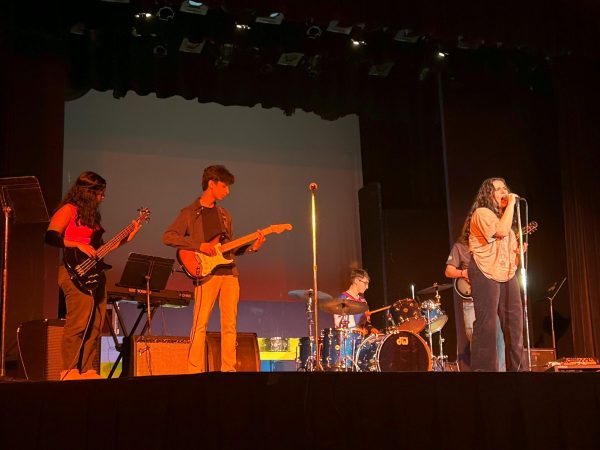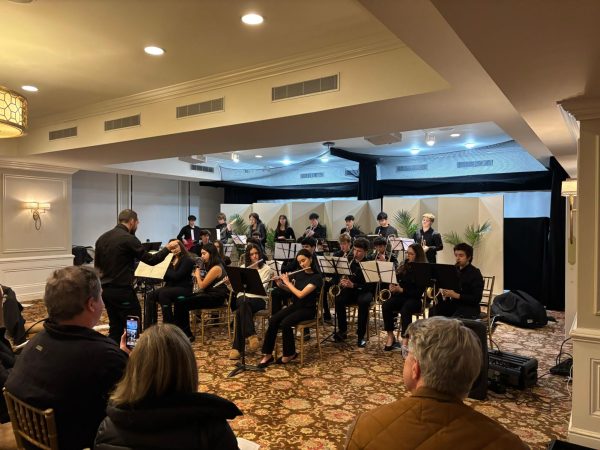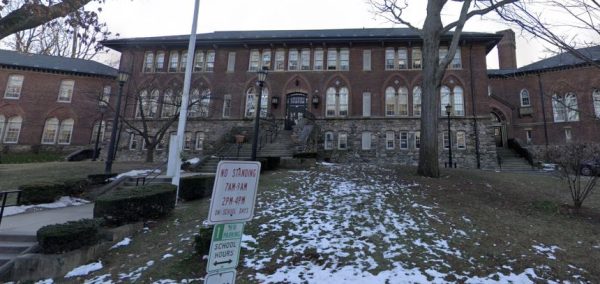Local tech group: Beware of fake emails using names of local clergy to ask for cash, gift cards
Editor’s note: This press release was provided by TechEdConnect. The Pelham Examiner publishes press releases in the form received as a service to the community.
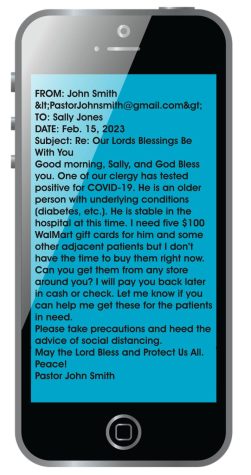 Fake emails and texts sent to members of religious groups asking for cash or gift cards—in the name of local clergy—are an epidemic online fraud nationally and appearing in the Westchester County area, alerts a local technology enthusiast group.
Fake emails and texts sent to members of religious groups asking for cash or gift cards—in the name of local clergy—are an epidemic online fraud nationally and appearing in the Westchester County area, alerts a local technology enthusiast group.
Four such scams have been identified in the Westchester County region in recent months, according to TechEdConnectSM, a 41-year-old local community-service group previously known as Westchester PC Users Group (www.wpcug.org). The fraudulent emails/texts are dressed up to appear to be from a local clergy.
“This is widespread in many other regions and it’s only a matter of time before the fraudsters start saturating our Westchester suburban area because of its affluence,” says Pierre Darmon, president of TechEdConnectSM. “We’re aware of four area houses of worship that warned their congregations of fake emails soliciting money in the name of local clergy. When people see a familiar local name, they often let their guards down.”
Darmon, who is a White Plains-based computer consultant, adds, “This is prevalent because the scammers realize that the public is accustomed to making financial donations to religious organizations.”
TechEdConnectSM advises:
- Don’t reply by clicking links or use phone numbers within the received emails/texts, even if the sender’s name is familiar, because those could connect to fraudsters. Better to verify by contacting directly.
- Take a close look at any sender’s email address. If the domain is not a religious organization but rather a general-purpose Gmail or AOL domain, that’s a signal the message may not be genuine.
- For texts, see if the clergy sender’s area code is not local. If not local, it might be fake.
- Be skeptical of messages that claim manufactured urgencies. An example is clergy asserts having to make hospital visits to comfort the ill so asks the congregation member as a favor to get cash cards and the like.
- Be skeptical if clergy promises swift repayment at a later date.
- Be skeptical if the sender says not to deliver to a house of worship but rather asks to receive by email or text the redemption pin numbers on purchased gift cards.
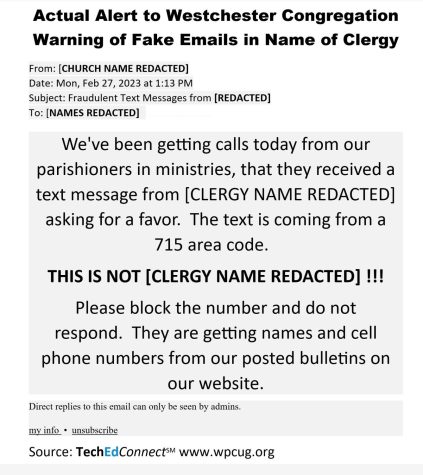 Online scams are multiplying. “Falling victim to cyber scams always seems to happen to the nicest people,” says Jonathan Hauff, a Mamaroneck-based computer advisor and past president of TechEdConnectSM. “Scammers are now increasingly targeting members of religious organizations because scammers know that they are accustomed to making cash donations. While the fake email and texts are still being used to get money, scammers are now using more subtle methods. A faked ‘purchase’ or a ‘refund’ for some item, program, or service that was never made is received, and provide a phone number to call. The number is, of course, the scammer’s, and the con game begins.”
Online scams are multiplying. “Falling victim to cyber scams always seems to happen to the nicest people,” says Jonathan Hauff, a Mamaroneck-based computer advisor and past president of TechEdConnectSM. “Scammers are now increasingly targeting members of religious organizations because scammers know that they are accustomed to making cash donations. While the fake email and texts are still being used to get money, scammers are now using more subtle methods. A faked ‘purchase’ or a ‘refund’ for some item, program, or service that was never made is received, and provide a phone number to call. The number is, of course, the scammer’s, and the con game begins.”
Many persons would think national or global scammers wouldn’t have access to the name, email or cell phone/text address of local religious persons. However, that information is posted openly online so seeing a familiar local name in a received email or text is no assurance of authenticity.
Contact lists of entire congregations can be obtained by simply snagging one email from a legitimate email blast from a house of worship since it has all recipient addresses. Also, congregation mailing lists can be hacked where ever stored.
Area New York law enforcement says that, so far, fake emails targeting religious congregations are not a big problem in the Westchester area and most houses of worship keep a low profile on the topic.
However, examples of cleric identity misappropriation abound nationally. Law enforcement publicized complaints from across the country: Grand Rapids MI, Austin TX, Scranton PA, North Mississippi, and Phoenix AZ, for example. State attorney generals in Ohio, Mississippi and Texas have issued alerts about fake scams to collect money or gift cards from those connected to religious organizations.
And fraudsters keep trying. A cleric at a White Plains church earlier this year surprised a worship service with an announcement that fake emails in his name were received by parishioners. “Let me assure you that I will never ask for money from you in an email,” he said. “I will only ask for money in person,” which drew chuckles.
About Us: TechEdConnectSM is four-decades-old, registered 501©(3) non-profit open to the general public and enthusiasts navigate today’s increasingly complex, electronic-gadget world. Previously known as Westchester PC Users Group (WPCUG), TechEdConnectSM is a community service organization engaged from the consumer perspective the constantly-evolving personal communications and productivity technology.



